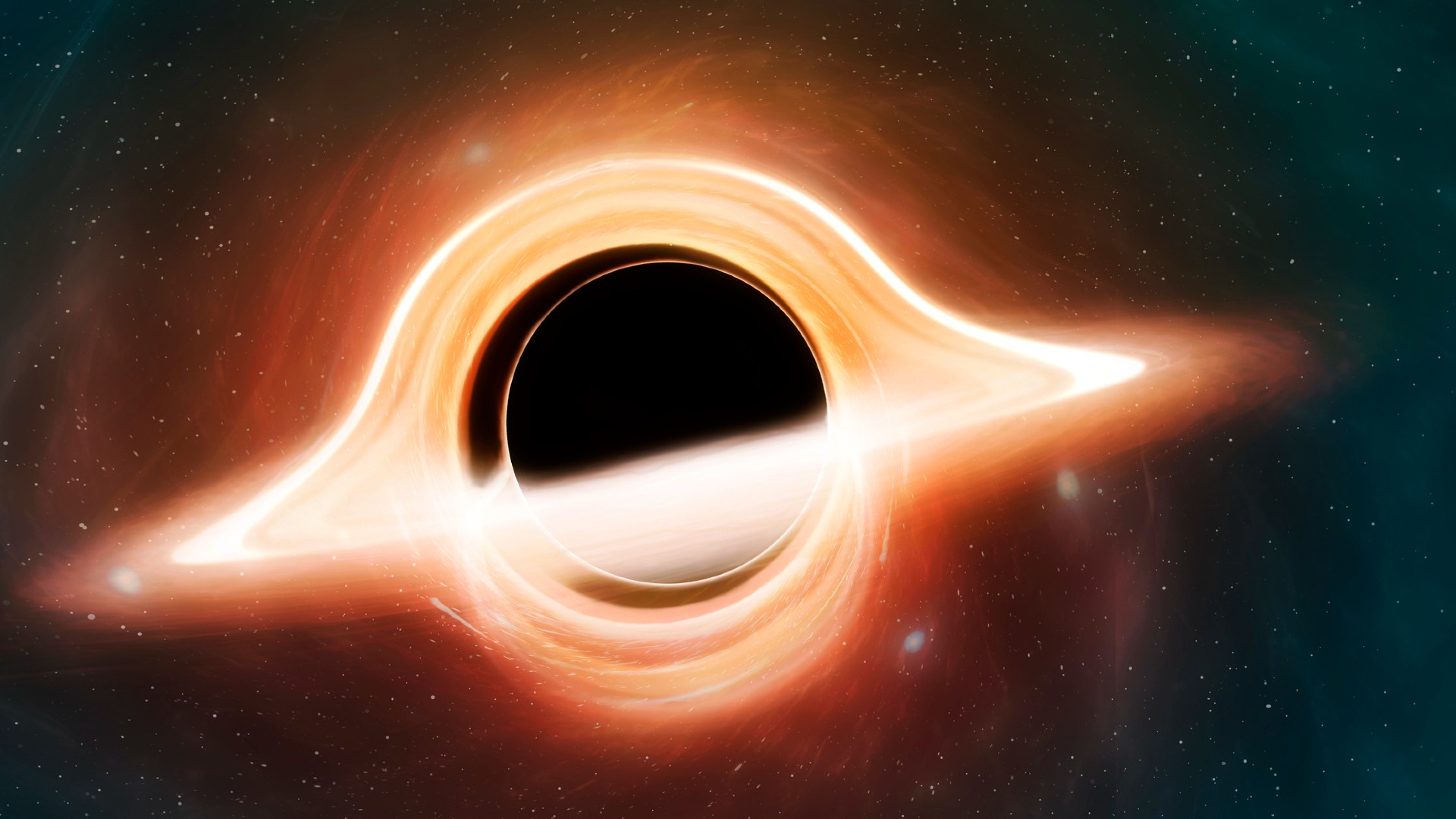Black holes may be the source of mysterious dark energy
The origin of dark energy has been perplexing scientists for decades.

Breaking space news, the latest updates on rocket launches, skywatching events and more!
You are now subscribed
Your newsletter sign-up was successful
Want to add more newsletters?

Delivered daily
Daily Newsletter
Breaking space news, the latest updates on rocket launches, skywatching events and more!

Once a month
Watch This Space
Sign up to our monthly entertainment newsletter to keep up with all our coverage of the latest sci-fi and space movies, tv shows, games and books.

Once a week
Night Sky This Week
Discover this week's must-see night sky events, moon phases, and stunning astrophotos. Sign up for our skywatching newsletter and explore the universe with us!

Twice a month
Strange New Words
Space.com's Sci-Fi Reader's Club. Read a sci-fi short story every month and join a virtual community of fellow science fiction fans!
When astronomers discovered that the universe is expanding at an accelerating rate, they theorized that some force must be pushing things farther apart and overcoming gravity, which should be slowing things down. That force was suggested to be dark energy, but no one has ever figured out from where it comes.
But a team of 17 international researchers led by the University of Hawaii has discovered the first evidence for the origin point of dark energy: Black holes.
Black holes acquire mass in two ways: accretion of gas and mergers with other black holes. But in studying nine billion years of black hole evolution in dormant giant elliptical galaxies, the researchers discovered that the older black holes are much larger than they should be based on those two methods of growth. That means there must be another way these black holes are acquiring mass. Researchers suggest the answer is dark energy in the form of vacuum energy, "a kind of energy included in spacetime itself ... [that] pushes the universe further apart, accelerating the expansion," according to a statement.
Related: Black holes: Everything you need to know
"If the theory holds, then this is going to revolutionize the whole of cosmology, because at last we've got a solution for the origin of dark energy that's been perplexing cosmologists and theoretical physicists for more than 20 years," Dr. Chris Pearson of STFC RAL Space, a co-author of a study on the discovery, said in a statement.
The idea that black holes are a source of dark energy isn't new. In fact, it's part of Einstein's theory of general relativity. But this is the first time astronomers have obtained observational evidence to support the theory.
"We're really saying two things at once: That there's evidence the typical black hole solutions don't work for you on a long, long timescale, and we have the first proposed astrophysical source for dark energy," said study author Duncan Farrah, University of Hawaii astronomer, in the statement.
Breaking space news, the latest updates on rocket launches, skywatching events and more!
A paper on the team's research was published in The Astrophysical Journal Letters on Wednesday (Feb 15).
Follow Stefanie Waldek on Twitter @StefanieWaldek. Follow us on Twitter @Spacedotcom and on Facebook.

Space.com contributing writer Stefanie Waldek is a self-taught space nerd and aviation geek who is passionate about all things spaceflight and astronomy. With a background in travel and design journalism, as well as a Bachelor of Arts degree from New York University, she specializes in the budding space tourism industry and Earth-based astrotourism. In her free time, you can find her watching rocket launches or looking up at the stars, wondering what is out there. Learn more about her work at www.stefaniewaldek.com.
